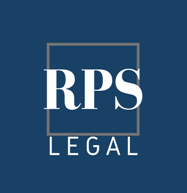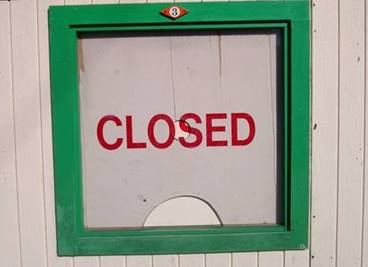The bankruptcy procedure in the Netherlands is initiated when the debtor has ceased to make payments. The object of the bankruptcy procedure is to settle the claims of the creditors. It applies to natural persons and companies in the Netherlands. Our law firm in the Netherlands can provide complete and specialized services for bankruptcy.
The bankruptcy proceedings can be initiated by the debtor himself (voluntary filing), by one or more creditors (involuntary filing) and even by a public prosecutor in certain special cases when it is required by public interest. Any types of creditors, including foreign creditors may initiate the proceedings. Debtors in the Netherlands can be natural persons, companies and other Dutch legal entities. Dutch debtors are not legally obliged to file a bankruptcy petition.
Initiating a bankruptcy procedure in the Netherlands
A creditor who makes a claim against a debtor must be able to provide undeniable evidence that the debtor is no longer able to pay his or her debts. According to the legal requirements for bankruptcy, there must be at least one other creditor making the same claims when a creditor initiates the procedure and at least one of the debts must be due and payable.
Bankruptcy can be petitioned before a Dutch district court. If the petition is granted, the next step is for the court to appoint a curator (bankruptcy trustee), usually a member of the local bar. After the bankruptcy procedures are initiated, the action must be published in the Official Gazette. This is done so that the public can be aware of the insolvency proceedings.
The bankruptcy procedure and liquidation in the Netherlands
The purpose of the bankruptcy procedure in the Netherlands is to liquidate all of the assets of the debtor and distribute them to its creditors, according to their priority. The assets include all of the property of the debtor when the bankruptcy proceedings and initiated and all the property acquired during the bankruptcy proceedings. This includes personal property, tangible and intangible property and others.
The appointed trustee manages the liquidation process. He or she has the power to terminate leases and employment contracts in the Netherlands. Dutch company directors may be liable in case of bankruptcy if they performed their tasks improperly.
Our Dutch law firm provides various legal services and can offer you complete assistance during a bankruptcy procedure or a liquidation procedure in the Netherlands. Please contact our attorneys in the Netherlands for detailed information.

